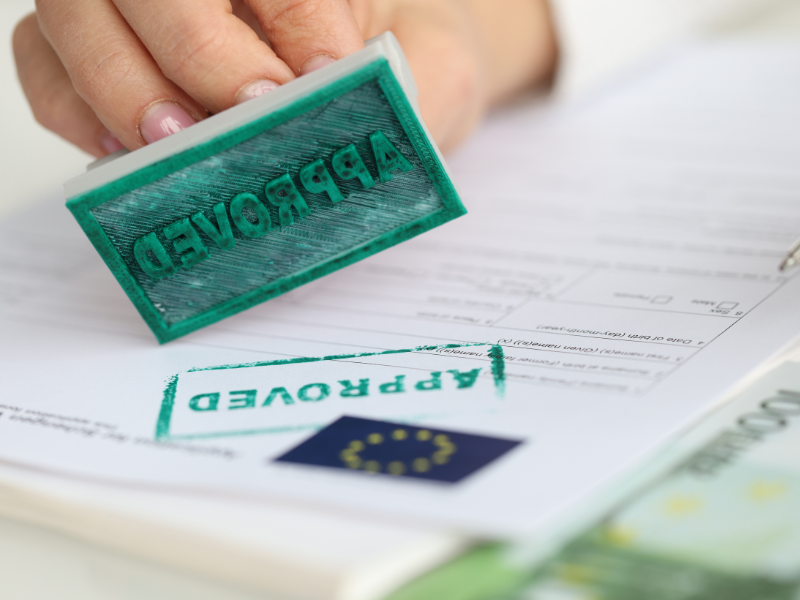Partners Progress in Efficient Allocation of EU Funds
Europe's response to the climate crisis took center stage as the consortium 'Towards a Climate-Neutral EU: Efficient Allocation of EU Funds' convened online. On May 18, project partners from various European nations gathered to share progress and plan for the future.

Future plans include a dialogue with the EC Task Force on the RePower initiative and the publication of a joint position paper addressing the violation of the partnership principle in RePower. The consortium is also committed to advocating for the Do No Significant Harm (DNSH) principle following a meeting with Ms. Zita Herman, advisor to the Green Group in the European Parliament.
In Latvia, Green Liberty faced challenges in submitting RePowerEU chapters due to ambiguous specifications and loan measures. However, they celebrated a significant grant of 41.9 million euros from the Recovery Fund for the modernization of Latvian electricity grids. Green Liberty actively contributes to regional discussions on EU fund usage and has upcoming events in June focusing on transport and mobility.
In Slovenia, Umanotera reported progress in national RePower consultations and organized a DNSH event for Civil Society Organizations (CSOs). They are currently deciphering good and bad practices, and coordinating an event on EU funds and subsidies in the aviation sector in collaboration with the Stay Grounded network.
In Slovakia, Zdruzenie Slatinka shared the news of a new interim government and the approval of the RePower chapter, which is now under EC review. Their focus is on implementing proposed reforms in RePower, particularly in renewable energy sources and establishing permitting processes.
Focus Eco Center in Romania provided updates on their initiatives, including the Best Practice database, embedding the DNSH principle in guides, and outreach to Members of the European Parliament (MEPs) regarding EU funds. Their future activities involve updating the Best Practices database, monitoring RePower, and ensuring DNSH principle implementation.
The Centre for Transport and Energy (CDE) in the Czech Republic expressed their predicament as the government has yet to vote on the final proposal. They highlighted a lack of information on clean mobility investments and ongoing communication efforts. Their upcoming activities include more communication work and a lobbying trip to Brussels in June.
In Bulgaria, the Environmental Partnership Foundation (EPI) actively reviewed new projects for inclusion in their database, participated in public events, and engaged with local stakeholders. They plan to expand their database, maintain outreach to stakeholders focusing on RRP, RePowerEU, PA/OP processes, and finalize the DNSH case.
The Clean Air Action Group (CAAG) in Hungary reported minimal change in the Recovery and Resilience Facility (RRF) and Cohesion Funds. They expressed concerns over corruption scandals surrounding EU-funded projects and engaged with various authorities on NECP review and transport issues. Their future focus lies in the NECP and EU Funds, submitting a formal complaint to the Commission on the "non-regression principle," and strengthening their media presence.
Overall, the meeting fostered a collective sense of purpose and camaraderie. All partners demonstrated a steadfast commitment to collaborate and allocate EU funds judiciously for a climate-neutral EU. They are passionate about adhering to the DNSH principle and advocating for a greener future. For detailed insights and budget allocations, visit the consortium's website. Stay connected for updates on our journey towards a climate-neutral EU.

